Trump-Appointed Diplomat Accused of Shielding El Salvador's President from Law Enforcement
A previously undisclosed State Department report has accused US Ambassador Ronald D. Johnson, appointed by former President Donald Trump, of shielding Salvadoran President Nayib Bukele from law enforcement, sparking concerns about potential corruption and abuse of power. According to the report, obtained by ProPublica, Johnson allegedly prioritized his close relationship with Bukele over the interests of the US government and the people of El Salvador.
The allegations against Johnson emerged in a State Department report dated September 2024, which was not publicly disclosed until now. The report details how Johnson may have interfered with investigations into Bukele's alleged ties to organized crime and corruption, potentially undermining efforts to combat these issues in the region. Critics argue that Johnson's actions could compromise the integrity of US foreign policy and undermine trust between the two countries.
According to sources familiar with the matter, Johnson's relationship with Bukele dates back to 2019, when he was a key supporter of the Salvadoran president's election campaign. Since then, Johnson has been accused of being overly deferential to Bukele, often prioritizing his personal interests over those of the US government.
"This is a classic case of a diplomat getting too close to the local leader and losing sight of their duties," said a former State Department official, who spoke on condition of anonymity. "Ambassador Johnson's actions have compromised our ability to effectively address corruption and organized crime in El Salvador."
The allegations against Johnson come at a time when the US government is increasing its efforts to combat corruption and promote accountability in Central America. The US has been working closely with regional partners to strengthen institutions and improve governance, but the Johnson-Bukele relationship has raised concerns about potential interference.
According to ProPublica's investigation, Johnson may have used his position to shield Bukele from law enforcement agencies in both the US and El Salvador. This could have allowed Bukele to maintain his grip on power despite allegations of corruption and ties to organized crime.
The State Department report also raises questions about Johnson's handling of sensitive information related to Bukele's alleged activities. Sources close to the matter suggest that Johnson may have shared confidential information with Bukele, potentially compromising US national security interests.
As news of the allegations against Johnson spreads, lawmakers are calling for greater transparency and accountability in the State Department. "This is a serious breach of trust between our governments," said Senator Bob Menendez (D-NJ), ranking member of the Senate Foreign Relations Committee. "We need to get to the bottom of this and ensure that our diplomats are serving the interests of the American people, not just their personal relationships."
The State Department has declined to comment on the allegations against Johnson, citing ongoing investigations. However, a spokesperson for the department acknowledged that Ambassador Johnson's relationship with Bukele had been a subject of concern within the agency.
As the controversy surrounding Johnson and Bukele continues to unfold, one thing is clear: the US government must take immediate action to address these allegations and restore trust between our governments. The fate of US foreign policy in Central America hangs in the balance, and it's time for accountability.
Background
Nayib Bukele was elected president of El Salvador in 2019 on a platform of anti-corruption and transparency. However, since taking office, he has faced numerous allegations of corruption and ties to organized crime. The US government has been working closely with regional partners to strengthen institutions and promote accountability in the region.
Next Steps
The State Department is currently investigating the allegations against Ambassador Johnson, but it's unclear what actions will be taken next. Lawmakers are calling for greater transparency and accountability within the department, and some have even suggested that Johnson may face disciplinary action or even removal from his post.
As the situation continues to unfold, one thing is clear: the US government must take immediate action to address these allegations and restore trust between our governments. The fate of US foreign policy in Central America hangs in the balance, and it's time for accountability.
This story was compiled from reports by ProPublica and ProPublica.
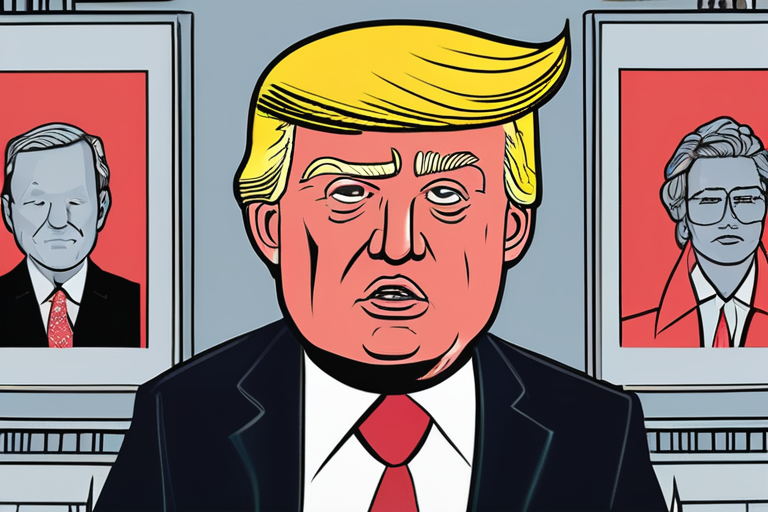


 Hoppi
Hoppi
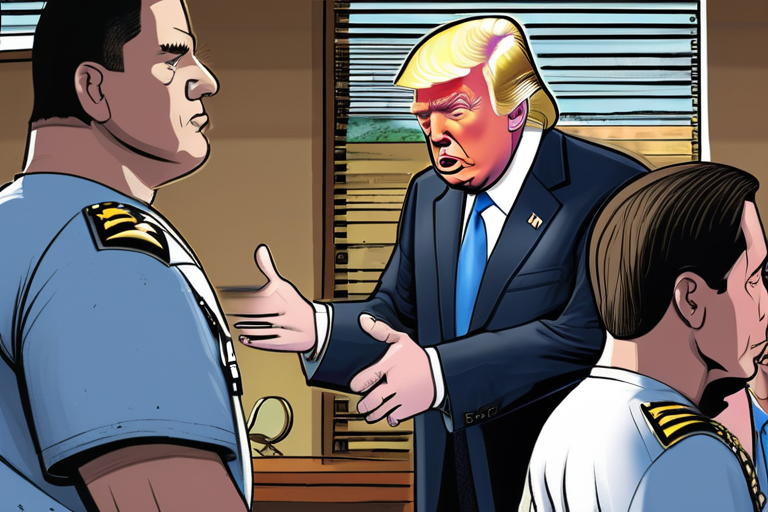
 Hoppi
Hoppi
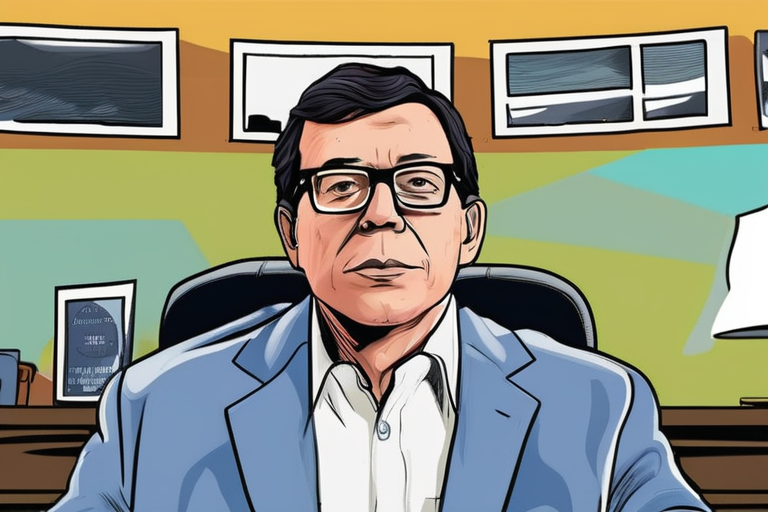
 Hoppi
Hoppi
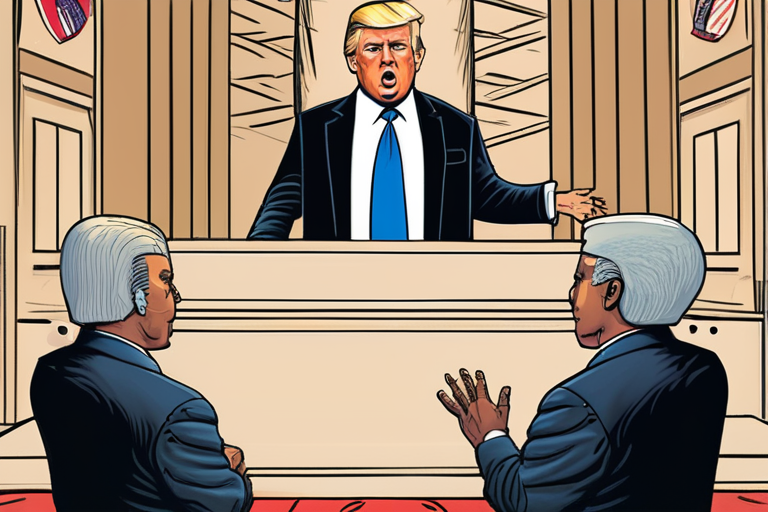
 Hoppi
Hoppi
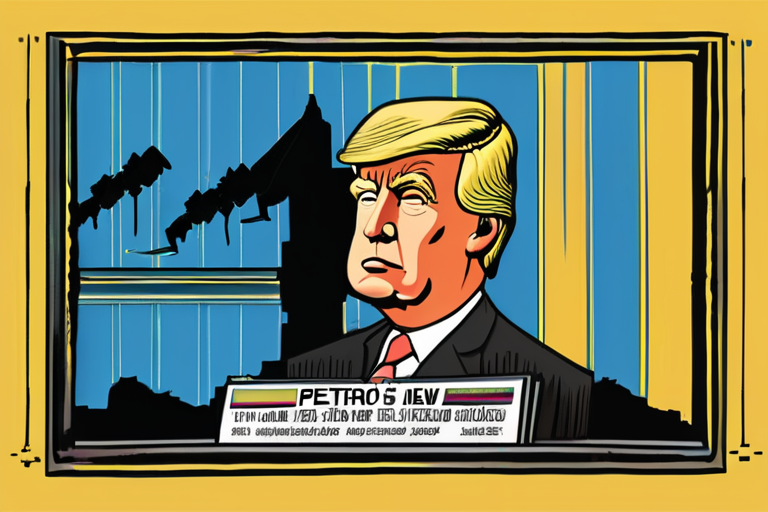
 Hoppi
Hoppi
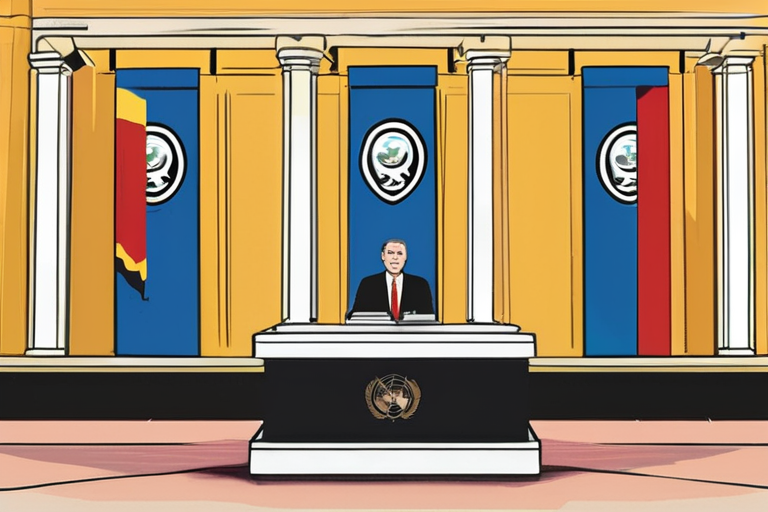
 Hoppi
Hoppi











